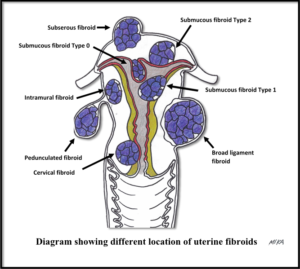WHAT IS IT?
 Delivery of a baby through an incision in the mother’s lower abdominal and uterine walls and is performed when a vaginal delivery is not possible or is unsafe. This procedure is also called a C-section or Lower Segment Caesarean Section (LSCS).
Delivery of a baby through an incision in the mother’s lower abdominal and uterine walls and is performed when a vaginal delivery is not possible or is unsafe. This procedure is also called a C-section or Lower Segment Caesarean Section (LSCS).
REASONS FOR PROCEDURE
 Danger to the mother or baby from one or more of many causes, including:
Danger to the mother or baby from one or more of many causes, including:
- Baby’s head too large to pass through the birth canal.
- Baby in the wrong orientation – head up (breech) or transverse.
- Failure of cervix to dilate (failed induction of labour).
- Abnormal placenta location obstructing the birth canal (placenta praevia).
- Failure of normal labour progress.
- Situation where urgent delivery is indicated such as fetal distress or severe illness in the mother (such as severe hypertension or sudden fits).
- Infection such as HIV or acute herpes genitalis infection in the mother.
Special situations: pregnancy resulting from assisted reproductive technology (ART), maternal request






